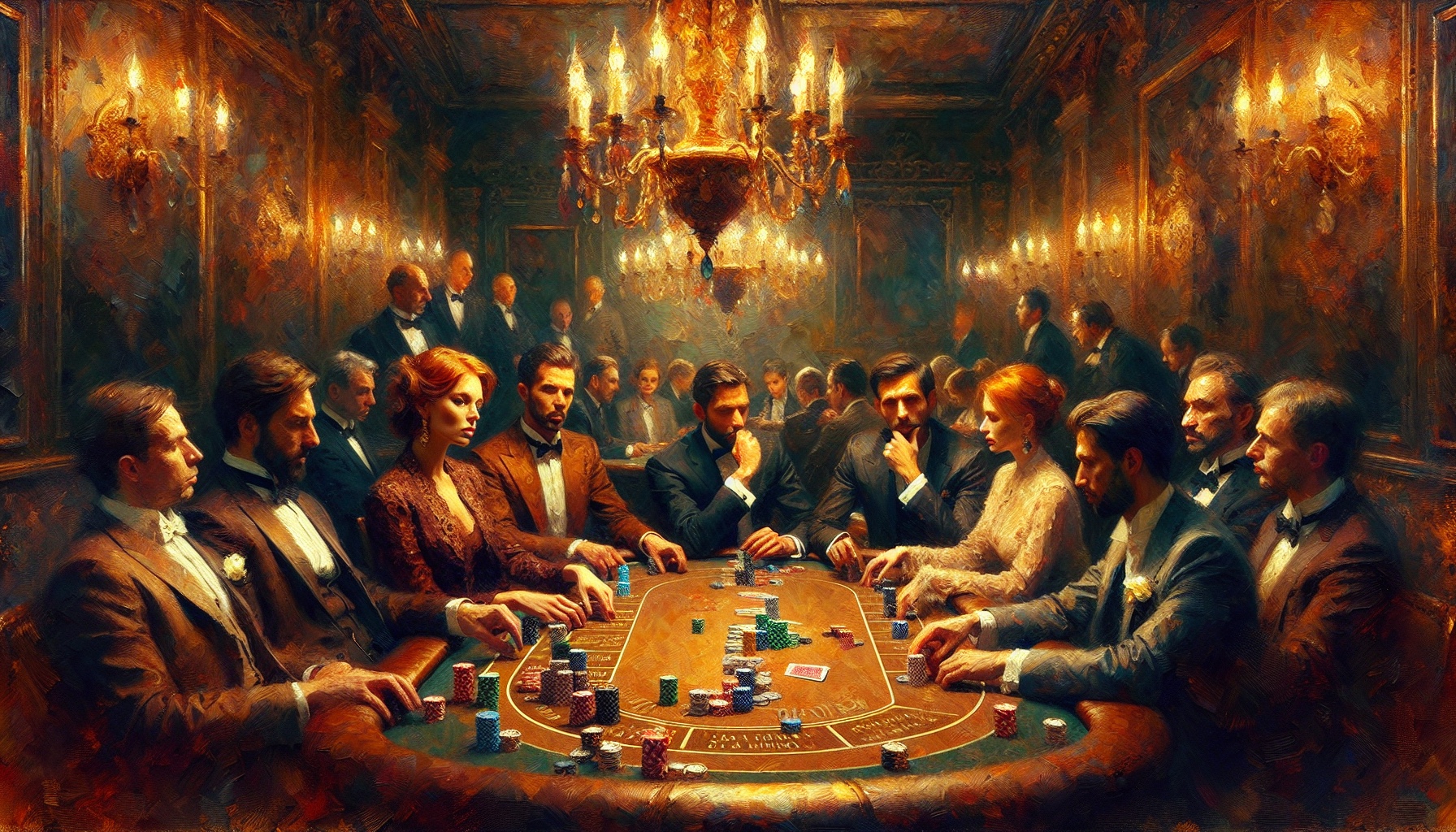
What Does Baby (Small pair or low card) Mean in Poker?
A ‘baby’ in poker refers to a small pair or a low-ranking card, typically ranging from 2 to 5. These cards can be part of a straight or serve as low kickers in a hand. For more insights on strategies, you can explore online poker platforms.
When You Might Hear Or Use The Term Baby:
You’ll often hear ‘baby’ used in conversations about drawing hands, such as when discussing potential straights, or when players talk about the significance of low pairs during a showdown.
In-Game Example:
“You’ve got a baby pair of 3s, and the board shows A J 7 5 2. It’s a tough spot, as high cards are out there, but sometimes a baby pair can win if everyone else missed the board.”
Strategy / Tips:
- Best Practice: Use baby pairs to set mine pre-flop in multi-way pots when the implied odds are favorable.
- Common Mistake: Overvaluing baby pairs in situations where there is significant action ahead of you.
- Pro Tips: Look for opportunities to bluff when a baby card completes a potential straight on the board, especially in position.
- Differences playing over the table vs online: In live games, reading opponents can help decide on playing babies more aggressively. Online, tight play with babies is often more advantageous due to lack of physical tells.
Alternative Names:
Small pair, low card.
FAQs:
- Q: Are baby pairs worth playing in a tournament?
A: Yes, especially in the early stages when stacks are deep. They can set you up for a big pot if you hit a set. - Q: How do baby cards affect post-flop play?
A: They can be tricky, often serving as kickers or part of a straight draw. Evaluate board texture and opponent tendencies.
